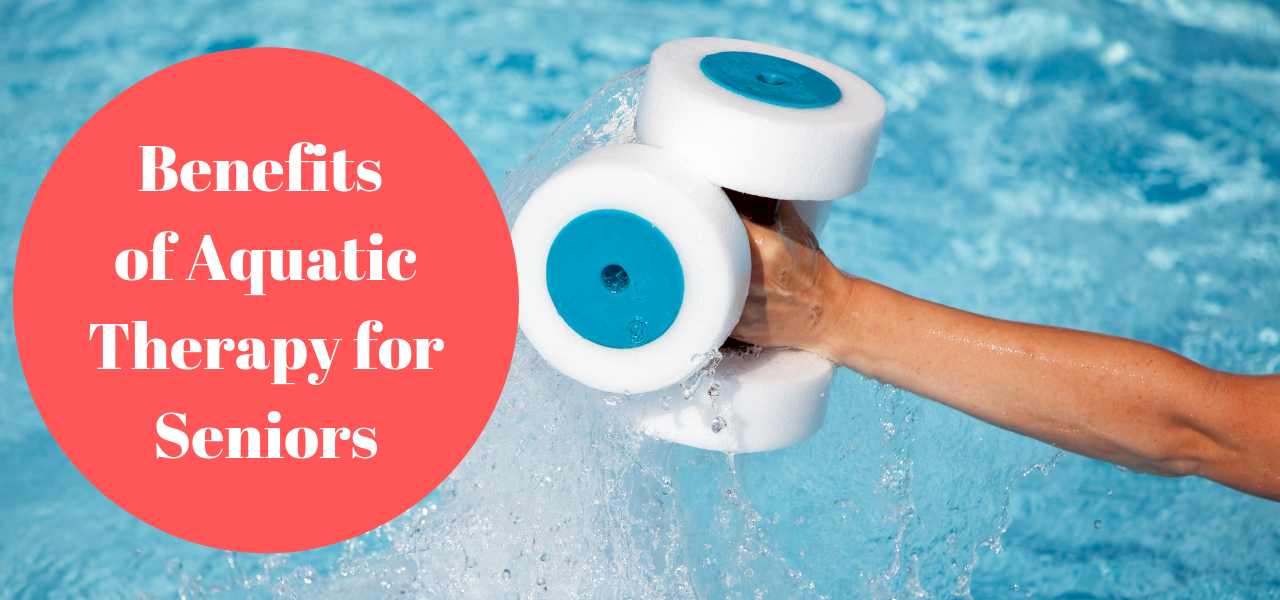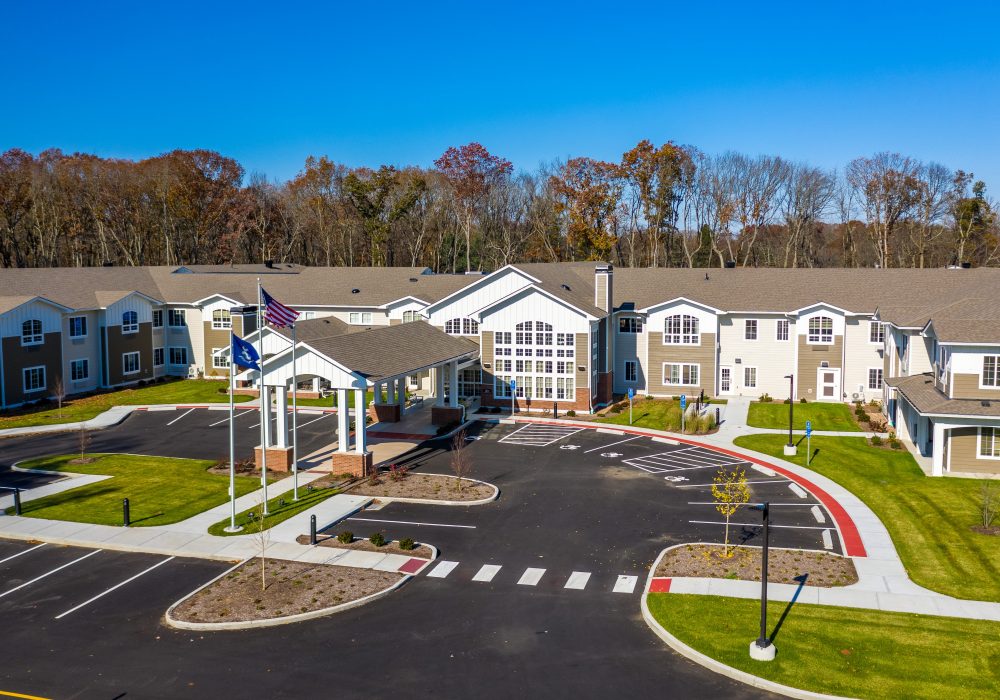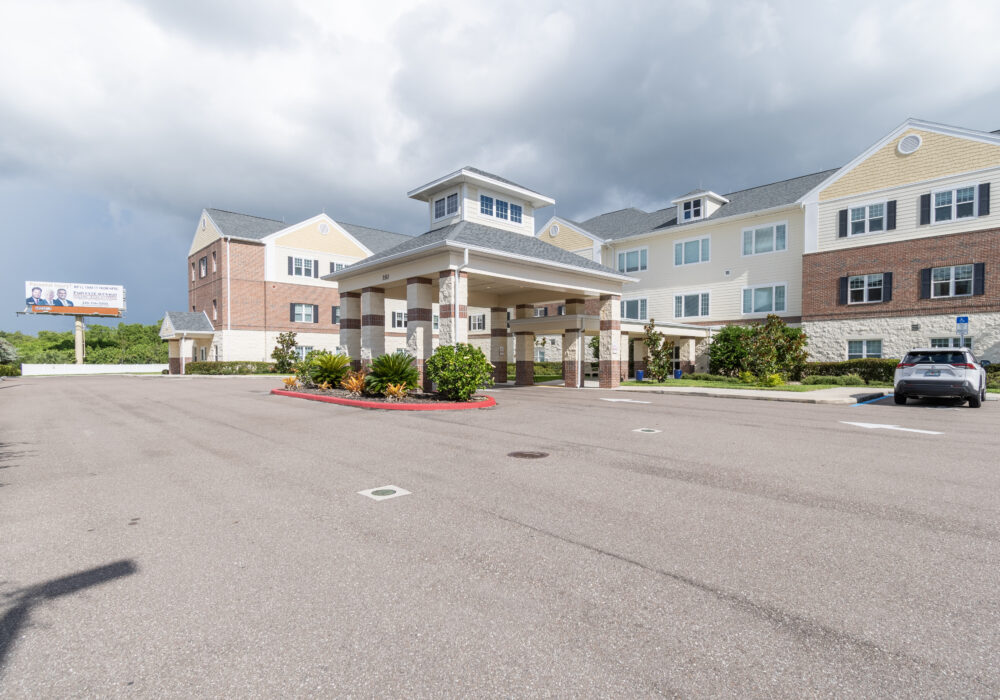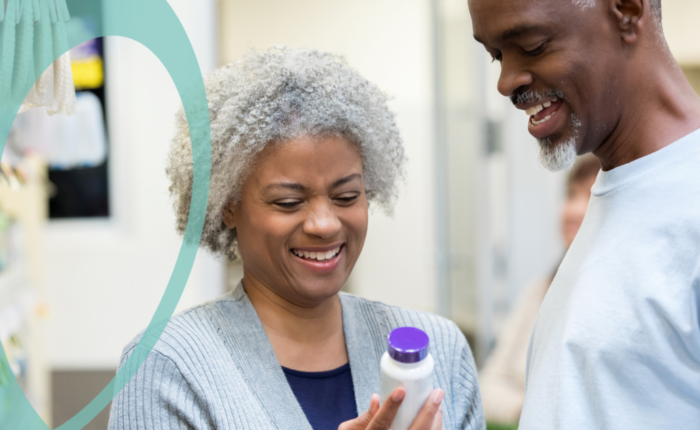
We know that regular exercise and staying active is key to aging well and staying healthy. Associated with improved overall wellness, reduced risk of falls, dementia prevention, and even a lower risk of death, regular exercise is non-negotiable for seniors seeking to stay healthy as they age. But sometimes health conditions can make traditional exercise challenging. Aquatic therapy is a great solution for seniors to exercise regularly while reducing the impact on joints.
Learn more about aquatic therapy and its unique benefits for seniors.
What is Aquatic Therapy?
People of all ages benefit from aquatic physical therapy (APT), finding that it is a great way for seniors to maintain or achieve fitness and rehabilitation goals. According to the American Physical Therapy Association, APT is “the evidence-based and skilled practice of physical therapy in an aquatic environment by a physical therapist.” APT can serve seniors seeking treatment from an injury, rehabilitation, prevention, health, wellness, and fitness.
Taking place in a warm pool, aquatic therapy is usually done as a group, but can also be done one-on-one with a personal trainer. Typically done in warm water, the ideal water temperature for APT is between 83 and 88 degrees, a range which boosts circulation and improves movement.
Experience Leisure Care Senior Living

The Landing of North Haven
Independent Living, Assisted Living, and Memory Care in North Haven, Connecticut
Aquatic therapy includes a wide range of exercises done in the water including water aerobics, strength training, yoga, water jogging, and swimming. There are thousands of variations of aquatic therapies using various types of equipment and exercises. This makes APT extremely versatile and adaptable for people of all ages and ability levels.
5 Reasons Aquatic Therapy is Good for Seniors
1. Mood enhancing and anxiety reducing
Like most forms of exercise, APT releases endorphins (“feel good” hormones) that can improve mood and reduce anxiety. However, in addition to the endorphins released by exercise, being in the water has relaxation benefits that can reduce anxiety even more. And, because APT is usually done in a social setting, there are social benefits to the therapy, including increased confidence and a strong sense of well-being.
2. Natural resistance reduces the impact on joints
Water provides natural resistance and natural buoyancy that makes reduces the stress on joints. Many seniors who live with arthritis find that APT is a great way to stay active and lessen the pain on their joints. In fact, some seniors find that they are able to do certain exercises in the water that they are not able to do on land.
3. Improved cardiovascular health
Even though APT is more gentle, it can still be an intense form of exercise and can raise the heart rate enough to burn fat and improve overall cardiovascular health. APT specifically trains the lungs and heart to use oxygen more efficiently and may reduce the risk of heart attack and heart disease.
4. Increased strength and balance
Certain conditions put seniors at an increased risk for falls, which can have catastrophic outcomes for seniors. In fact, the CDC reports that 20 percent of falls cause a seiners injury, like a broken bone or a head injury. Aquatic therapy done in water that is at least waist deep will build strength as seniors fight water movements to stay balanced. Moving quickly through water can provide natural resistance that builds muscle endurance and strength, reducing the risk of falls.
5. Hydrostatic pressure
Hydrostatic pressure is the force fluid molecules place on the body when immersed in water. This pressure exists even with no movement. It has been shown to help decrease swelling in pain, increase range of motion, and improve circulation.
As with any exercise program, it is best to consult a doctor before beginning aquatic therapy.
Is aquatic therapy part of your exercise routine? Why or why not? Share your personal experiences in the comments below! We’d love to hear from you!
Find a Leisure Care Community
Better with age, exceptional with us! Come and see how Leisure Care communities are helping seniors rediscover (and sometimes reinvent) themselves.







